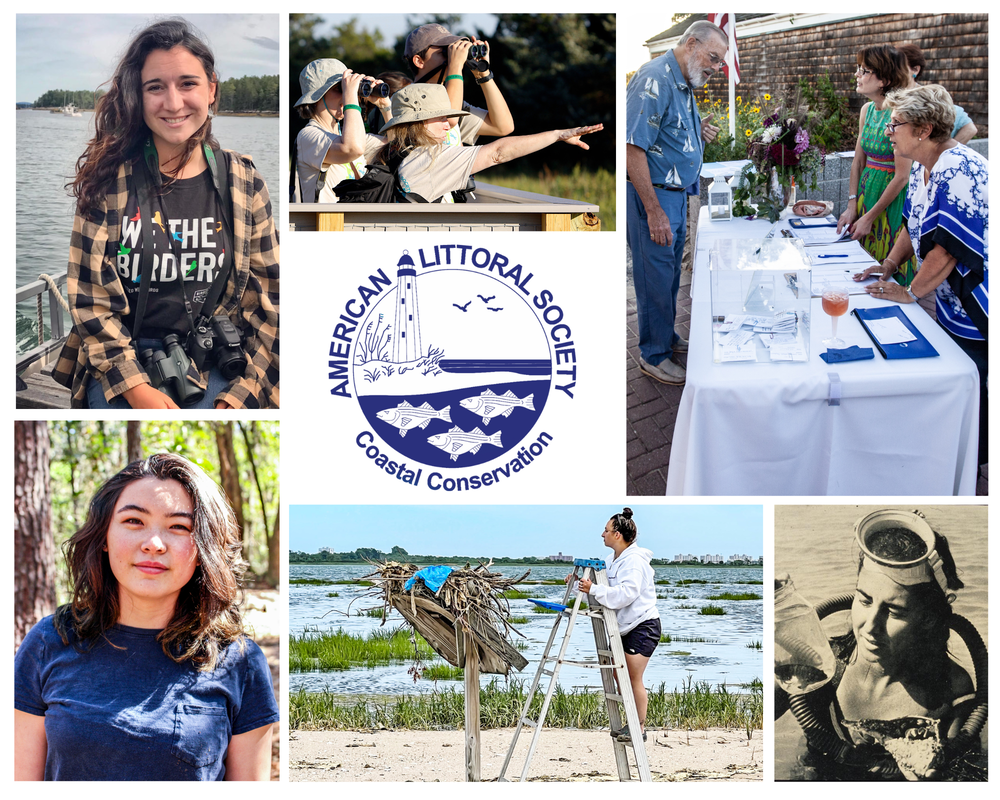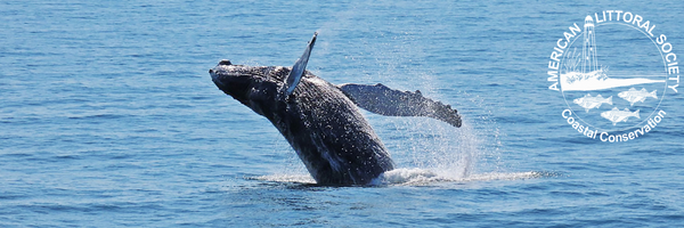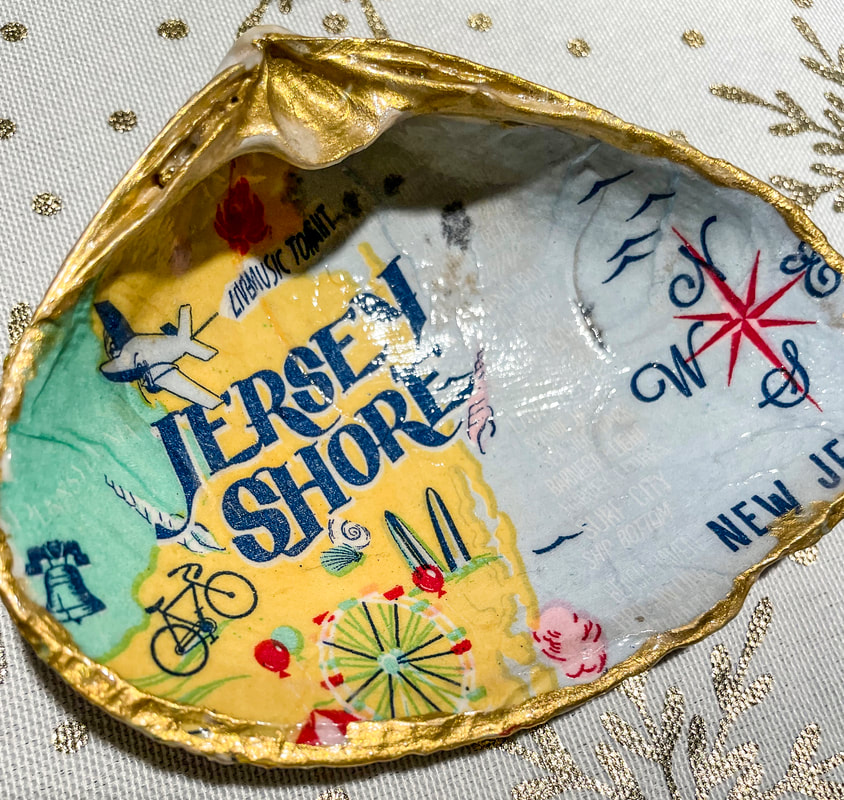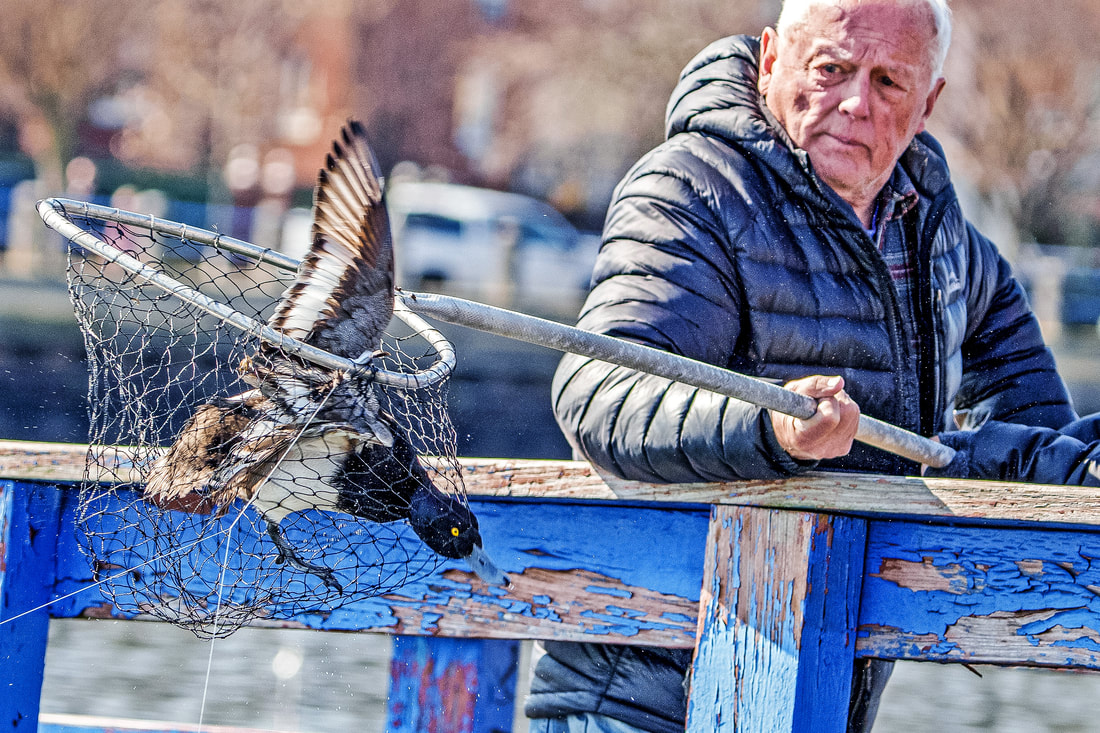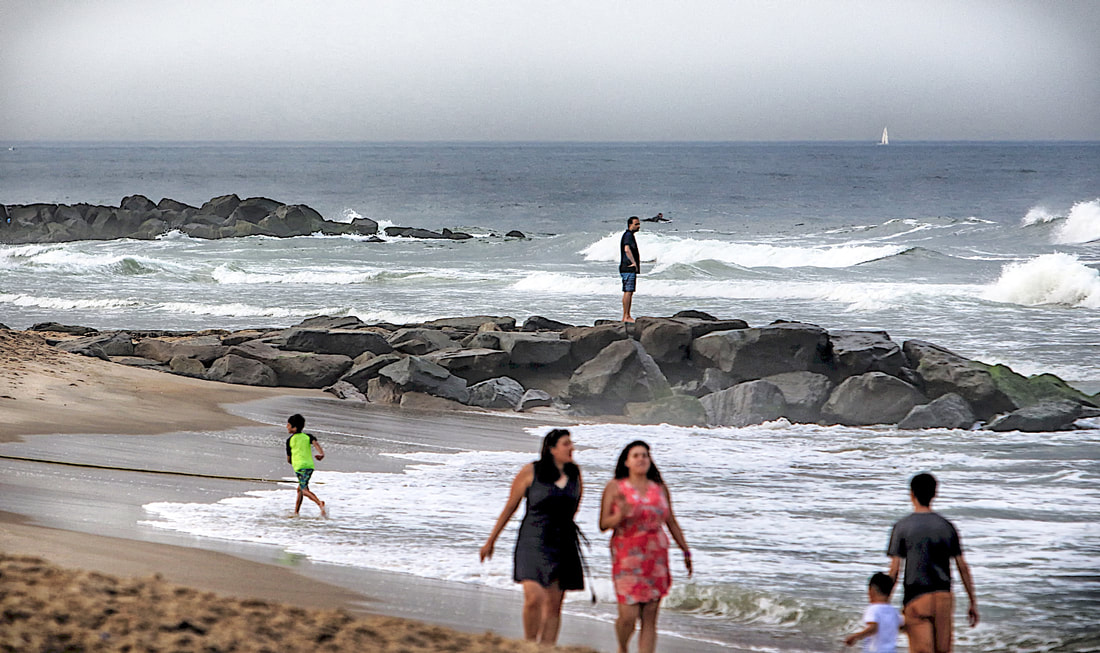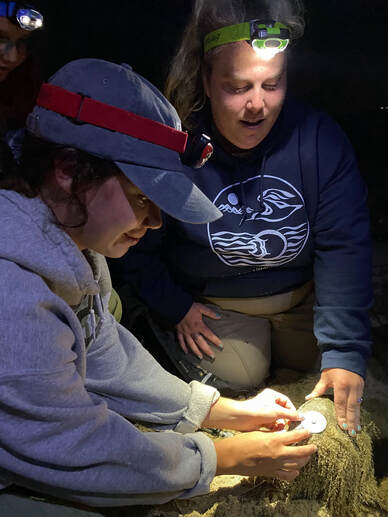 With the beginning of May, the Littoral Society will resume one of our most popular volunteer activities: horseshoe crab tagging. As in previous years, we will be tagging at multiple locations in New Jersey throughout May and June. Anyone who would like to participate can sign up through our website for tagging. Tagging is closed for dates along the Delaware Bay. You can still register to tag with us at sites along the Shark River. The Littoral Society's community science tagging program developed as a means to gauge the effectiveness of the Society-led horseshoe crab spawning habitat restoration efforts along Delaware Bay. Delaware Bay is home to the largest spawning horseshoe crab population in the world.  With the help of students, teachers and school staff, the Littoral Society recently wrapped up our Water Champions program with Anthony Rossi Elementary School. The program has been ongoing since 2017 and has has involved teaching students at five South Jersey Schools about the importance of water conservation. Saving water is critical for maintaining aquifers in coastal areas and surface water flows. So, as part of the Water Champions program we taught students how to conduct water audits at home, school, and local businesses to identify areas for improvement. Using grant money provided by the Environmental Protection Agency, in partnership with New Jersey Department of Environmental Protection, we installed high efficiency fixtures in the two restrooms at Rossi Elementary that student audits indicated had the greatest potential for water savings. Those audits calculated that these upgrades could save nearly 65,000 gallons of water per year! “What a wonderful job done by all involved, especially the students who conducted the hands-on audits and calculated the numbers needed to get this grant going!” said Amber Egorov, the teacher we worked with at Rossi Elementary. March is Women’s History Month and a great time to celebrate the impacts that women have had on the environmental movement.
Among the women to be celebrated are Dr. Eugenie Clark, one of the founding members of the Littoral Society and a pioneer in coastal conservation. Last month, the Littoral Society also highlighted some of our brilliant female scientists in a blog post honoring women in STEM. Now, we’d like to take a moment to thank the female staff members who keep the Society running on a daily basis as it continues to care for the coast. We — like many other ocean advocates — are following the news around the recent whale deaths in our region. We deeply cherish the marine life found along our coast, and the deaths of these whales is disturbing and of great concern to us.
At this moment, we don’t know conclusively what combination of natural or human causes may be responsible for the deaths. Many experts believe that the growing number of whales in this area – which has some of the busiest ports and shipping lanes in the world – has contributed to an increase in vessel strikes. Notably, the Port of NY and NJ increased its trade volume substantially in the last several years, increasing shipping traffic and the potential for increased vessel strikes. According to the marine mammal experts responding to the strandings, a large number of the whales have been killed by ship strikes. The American Littoral Society’s work includes protecting the coast from a changing climate. We support investment in clean, renewable energy to reduce fossil fuel use which is harming the ocean in many ways. To meet the need for green energy and the protection of wildlife, the Littoral Society continues to call for meaningful and robust stakeholder engagement and responsible siting around offshore wind projects. It's clear that the whales off our coast are in harm’s way, and we must act to protect them to the extent that they are endangered by human activities. Vessel strikes and entanglement in fishing gear are well established as the two predominant sources of whale mortality due to human impacts. The National Oceanographic and Atmospheric Administration has proposed new rules to expand slow speed zones and to increase the number of vessels subject to these reduced speed requirements. Similarly, rules to reduce fishing gear entanglement have been developed. Both are pending adoption. While at this time there is no readily available evidence linking wind-power development activities to the death of these whales, understanding the interactions among all offshore human activities and coastal resources is critical to their protection. We recommend that decision-makers at the state and federal level:
 Ten eighth-grade students from Ocean Township Intermediate School got into the holiday spirit last year by raising money to help restore oyster reefs in New Jersey. The students, from teacher Meghan Edson's Environmental Engineering course, raised money by making clam shell decorations that were sold during school lunches and given to some school staff as holiday presents. According to Ms. Edson, students taking the course learn about human-related environmental issues, then devise ways to make them better. "We did [the decoration sale] for the first time last year and the students loved it, so we decided to continue again this year." Ms. Edson said. "It was a big hit for the students in school to buy ornaments for their families for Christmas and the students that made the shells learned a lot about the importance of being a good environmental steward." The American Littoral Society was honored to be the recipient of an $800 donation from the students. "We are very grateful for the donation which will help our efforts to restore oysters and improve the quality of coastal waters," said Tim Dillingham, Executive Director of the American Littoral Society. "We owe these students even greater thanks for their interest in coastal conservation and their leadership in raising awareness and empowering conservation efforts." 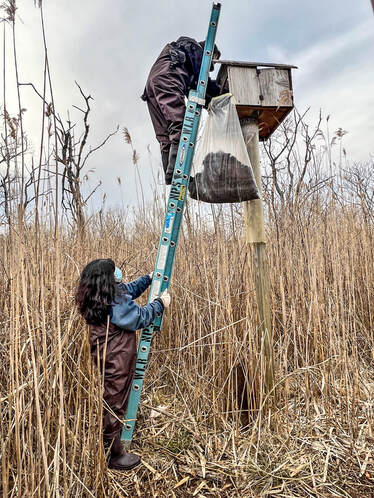 Just before the turn of the season, Don Riepe, the Littoral Society's Jamaica Bay Guardian, found himself involved in some Spring cleaning, as well as a late winter rescue. The cleaning effort revolved around preparations for the return of Barn Owls and Osprey to the Jamaica Bay area, which typically occurs around the middle of March each year. A number of nesting platforms and owl boxes have been set up support natural roosting and nesting behaviors of these important raptors. Don and staff from the Littoral Society, with additional support from the Jamaica Bay-Rockaway Parks Conservancy, took some time in early March to clean and repair one of the favorite boxes in the neighborhood. More than 30 pounds of pellets, containing the remains of countless rodents, were removed and the box was restored to prime summer-residence condition. On Sunday, March 5, Don received a call from a birder friend, Michele Truong, regarding a duck tangled in fishing line in Sheepshead Bay. NJ Congressman Frank Pallone has reintroduced a bill to permanently ban exploration, development or production of oil along the Atlantic coast.
Called the Clean Ocean and Safe Tourism (COAST) Anti-Drilling Act, it would ban offshore oil and gas drilling in the Atlantic Ocean. The bipartisan COAST Anti-Drilling Act permanently prohibits the U.S. Department of Interior from issuing leases for the exploration, development, or production of oil and gas in the North Atlantic, Mid-Atlantic, South Atlantic, and Straits of Florida Planning Areas of the U.S. Outer Continental Shelf. “Coastal communities depend on a healthy ecosystem to thrive, and an oil spill would threaten the economic vitality of the Jersey shoreline and communities up and down the Atlantic Coast,” Pallone said. “In my home state of New Jersey, the fishing and recreation industry supports over half a million jobs – jobs that would be put at immediate risk if Washington Republicans open up our coast to offshore drilling that could drench the Jersey Shore in oil.” Nearly all members of the New Jersey Congressional delegation have joined Pallone’s bipartisan effort to stop offshore drilling by signing onto the COAST Act as original cosponsors. U.S. Senator Bob Menendez has been a leader in the fight against drilling in the Atlantic and will introduce the Senate companion bill. It is also supported by numerous environmental organizations, including the American Littoral Society. |
Archives
July 2024
Categories
All
|

